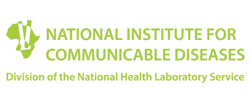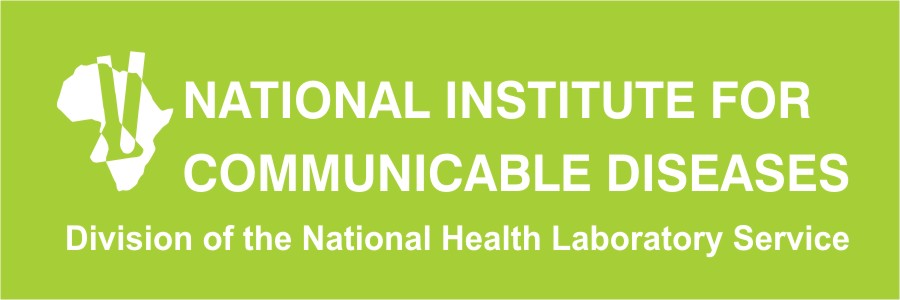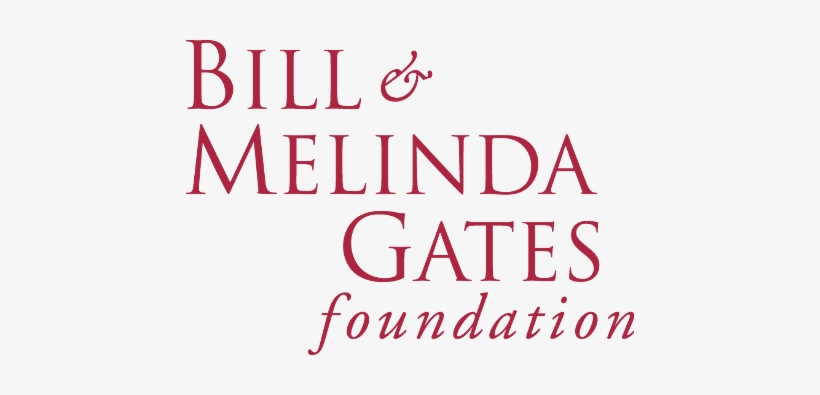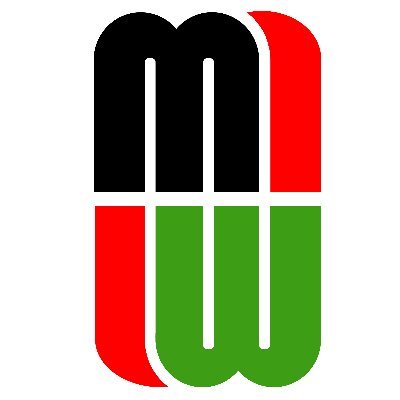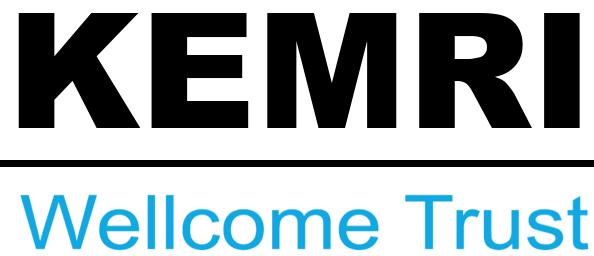Modeling multi-pathogen serosurveillance data for public health impact
About this project
3-year fully funded PhD qualification opportunity in infectious disease epidemiological modelling
During the training the student will develop computational tools, statistical and mathematical modelling methods for multiplexed serological data for obtaining epidemiological insights.
Location: NICD Sandringham, Johannesburg, South Africa
Closing date: 22 October 2024
The Centre for Respiratory Diseases and Meningitis (CRDM) at the National Institute for Communicable Diseases (NICD) have been awarded a three-year grant (2024-2027), funded by the Bill and Melinda Gates Foundation. The project aims to build capacity for public health modelling in Africa for integrated multi-pathogen serosurveillance data through collaboration, scientific exchange and mentorship.Infectious diseases remain a major contributor to the global burden of disease. There is increasing recognition of the value of epidemiological analysis and mathematical modelling in aiding the interpretation of research data to guide public health policy. The project aims to provide South African investigators with multidisciplinary tools needed to conduct modelling on respiratory and vaccine-preventable diseases in order to ensure that serosurveillance data can be used by decision makers to effectively guide immunisation programmes and policies.
A 3-year fully-funded PhD studentship is available at NICD. During the training the student will develop computational tools and methods for multiplexed serological data for obtaining epidemiological insights. The successful candidate will work within a newly established African modelling network together with researchers from Malawi, Kenya and other African countries. The project will provide post-graduate degree training by a multidisciplinary group of experienced mentors at the NICD and Johns Hopkins University in the USA. Trainees will have access to research training opportunities and resources available at the training sites.
We would like to invite applications from South African citizens to join us at the NICD in Johannesburg to complete a PhD (full time), registered at the University of the Witwatersrand, Johannesburg with primary supervisors/mentors located at the NICD (CRDM). Co-mentors will be located in the US, and it is expected that recipients will travel to the USA for part of their training, as well as other African countries as part of building the modelling network.
Required minimum education and training
- MSc degree in mathematics, statistics or biostatistics, data science or computational science, engineering or in a subject containing a substantial mathematical component.
Essential Requirements
- Prior experience or interest in the epidemiology of infectious diseases.
- Strong programming skills in at least one coding language (such as R or Python)
- Experience working on collaborative software projects through GitHub.
- Strong organisational skills.
- Strong analytical and problem-solving skills.
- Demonstrated ability to effectively communicate scientific data orally and in writing.
- Ability to prioritise and manage multiple tasks and work well independently and with a team.
- Demonstrate reliability, integrity and attention to detail.
- Fluency in spoken and written English.
- Experience in infectious disease modelling, public health, epidemiology and serosurveillance would be advantageous.
- A record of research accomplishments as reflected in publications in peer-reviewed journals and presentations at conferences and scientific meetings would be beneficial.
Project benefits:
This highly competitive project includes funds for:
- Non-taxable student stipend
- Tuition fees and university registration fees
- Books and other educational expenses
- Laptop computer with relevant software
For local and international training opportunities:
- All travel expenses (e.g., airfare, visa, incidentals)
- Non-taxable payment for living expenses and insurance
- Course fees
- Administrative support
Should you be interested in applying for this Fellowship, please send an email to vacancies41@witshealth.co.za.
The subject heading of the email must read Postgraduate Research Fellow – CRDM.
Please include the following documentation:
- CV
- Details of exceptional academic performance including copies of academic transcripts and certificates
- Candidate’s motivation letter including stated commitment to pursue public health modeling research and potential contributions to research in South Africa.
- Strong letters of recommendation and support (e.g., from previous tutors, supervisors or managers), with email addresses of at least two referees who have been directly involved in the students previous postgraduate studies.
Objectives
We aim to establish an African modeling partnership between South Africa, Malawi and Kenya, in order to ensure that vaccine-preventable disease (VPD) serosurveillance data are effectively incorporated into epidemiological models to produce key insights that can be used by decision makers to effectively guide immunization programs and policies in our respective countries.
Objectives:
- Establish a network and build capacity for public health modeling in South Africa, Malawi and Kenya
- Develop epidemiological models, informed by serological data, to generate evidence to inform vaccine program priorities, to predict disease burden and outbreak risks
- Develop cost-effectiveness models for assessing changes to immunization programs such as introduction of a new vaccine (e.g., RSV, rubella, mumps, varicella), additional vaccine/booster doses (e.g., pertussis) and design of mass campaigns (e.g., measles)
- Build capacity for utilizing artificial intelligence, including large language models, in mathematical modeling and communication
- Engage policy/ decision-makers to identify evidence needs for vaccine program priorities and effective approaches for packaging evidence to be consumed by policy/ decision-makers to plan immunization programs and guide policy
- Disseminate modeling outputs in an easily understandable format to a wide variety of stakeholders including policy/ decision-makers
Impact
The NICD is the national public health institute for South Africa and therefore works closely with the National Department of Health, and public health decision-makers. In addition, NICD staff are represented on the National Advisory Group on Immunisation (NAGI) for the country. The Malawi-Liverpool-Wellcome Research Programme (MLW) is Malawi’s largest research institution and a centre of research excellence. It has active collaboration with the Government of Malawi through the Ministry of Health and the Public Health Institute of Malawi (PHIM). Morever, the PHIM is a partner on the BMGF-funded serosurveillance study in Malawi. The KEMRI-Wellcome Trust Research Programme (KWTRP) is housed within the Kenya Medical Research Institute (KEMRI), a State Corporation with the mandate to carry out health science research in Kenya.. We will leverage the KWTRP Engagement Office to engage a wide range of stakeholders, including policy/ decision-makers. KWTRP has a rich history of engaging policy/ decision-makers to share research outputs with the aim of informing public health planning and decision-making. All study team members have vast experience in developing policy relevant outputs to disseminate research findings to policy/ decision-makers.
We plan to engage policy-makers and work together with them to decide on health system priorities for prioritization of model development, understanding the data elements needed to inform immunization policy, and how to communicate the results in an effective and simple manner. The inclusion of AI in modeling and communication will be a key focus of our collaborative efforts.
This project will help to improve capacity for public health modeling on the African continent. Communities established will help to strengthen relationships and collaboration between different partners on the continent, and how we can combine and share skills and resources for benefit of the health of our populations. Our team is primarily female-led, and we will prioritize gender diversity among students to create a more inclusive research environment.
Ethics
Approvals will be sought from the Human Research Ethics Committee (HREC), University of the Witwatersrand.
